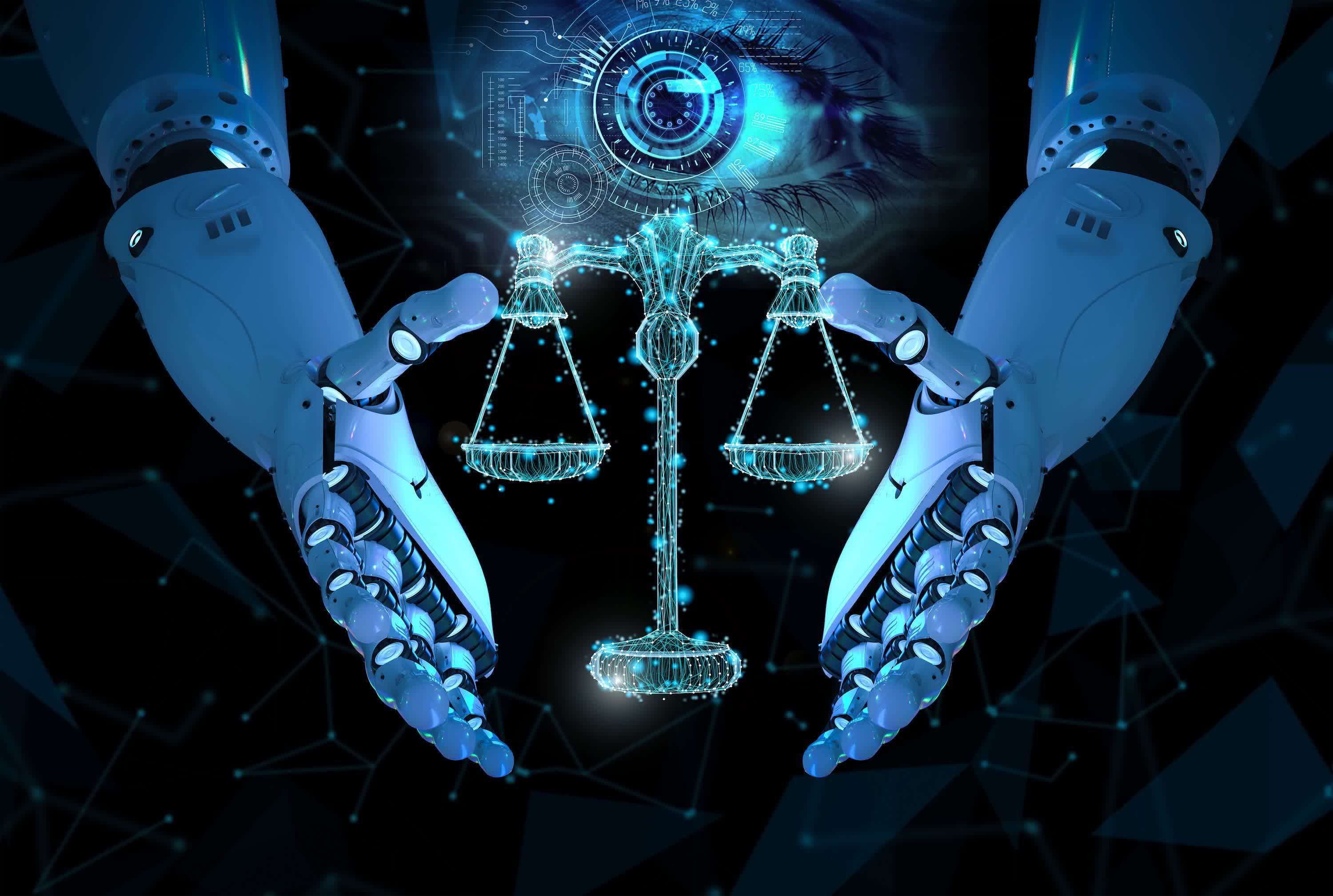In context: Large language models have already been used to cheat in school and spread misinformation in news reports. Now they're creeping into the courts, fueling bogus filings that judges face amid heavy caseloads – raising new risks for a legal system already stretched thin.

A recent Ars Technica report detailed a Georgia appeals court decision highlighting a growing risk for the US legal system: AI-generated hallucinations creeping into court filings and even influencing judicial rulings. In the divorce dispute, the husband's lawyer submitted a draft order peppered with citations to cases that do not exist – likely invented by generative AI tools like ChatGPT. The initial trial court signed off on the document and subsequently ruled in the husband's favor.
Only when the wife appealed did the fabricated citations come to light. The appellate panel, led by Judge Jeff Watkins, vacated the order, noting that the bogus cases had undermined the court's ability to review the decision. Watkins didn't mince words, calling the citations possible generative-artificial intelligence hallucinations. The court fined the husband's lawyer $2,500.
That might sound like a one-off, but a lawyer was fined $15,000 in February under similar circumstances. Legal experts warn it is likely a sign of things to come. Generative AI tools are notoriously prone to fabricating information with convincing confidence – a behavior labeled "hallucination." As AI becomes more accessible to both overwhelmed lawyers and self-represented litigants, experts say judges will increasingly face filings filled with fake cases, phantom precedents, and garbled legal reasoning dressed up to look legitimate.
The problem is compounded by a legal system already stretched thin. In many jurisdictions, judges routinely rubberstamp orders drafted by attorneys. However, the use of AI raises the stakes.
Appellate Court Opinion on False Legal Citations via Ars Technica
"I can envision such a scenario in any number of situations where a trial judge maintains a heavy docket," said John Browning, a former Texas appellate judge and legal scholar who has written extensively on AI ethics in law.
Browning told Ars Technica he thinks it's "frighteningly likely" these kinds of mistakes will become more common. He and other experts warn that courts, especially at the lower levels, are ill-prepared to handle this influx of AI-driven nonsense. Only two states – Michigan and West Virginia – currently require judges to maintain a basic level of "tech competence" when it comes to AI. Some judges have banned AI-generated filings altogether or mandated disclosure of AI use, but these policies are patchy, inconsistent, and hard to enforce due to case volume.
Meanwhile, AI-generated filings aren't always obvious. Large language models often invent realistic-sounding case names, plausible citations, and official-sounding legal jargon. Browning notes that judges can watch for telltale signs: incorrect court reporters, placeholder case numbers like "123456," or stilted, formulaic language. However, as AI tools become more sophisticated, these giveaways may fade.
Researchers, like Peter Henderson at Princeton's Polaris Lab, are developing tools to track AI's influence on court filings and are advocating for open repositories of legitimate case law to simplify verification. Others have floated novel solutions, such as "bounty systems" to reward those who catch fabricated cases before they slip through.
For now, the Georgia divorce case stands as a cautionary tale – not just about careless lawyers, but about a court system that may be too overwhelmed to track AI use in every legal document. As Judge Watkins warned, if AI-generated hallucinations continue slipping into court records unchecked, they threaten to erode confidence in the justice system itself.
Image credit: Shutterstock
AI-generated legal filings are making a mess of the judicial system